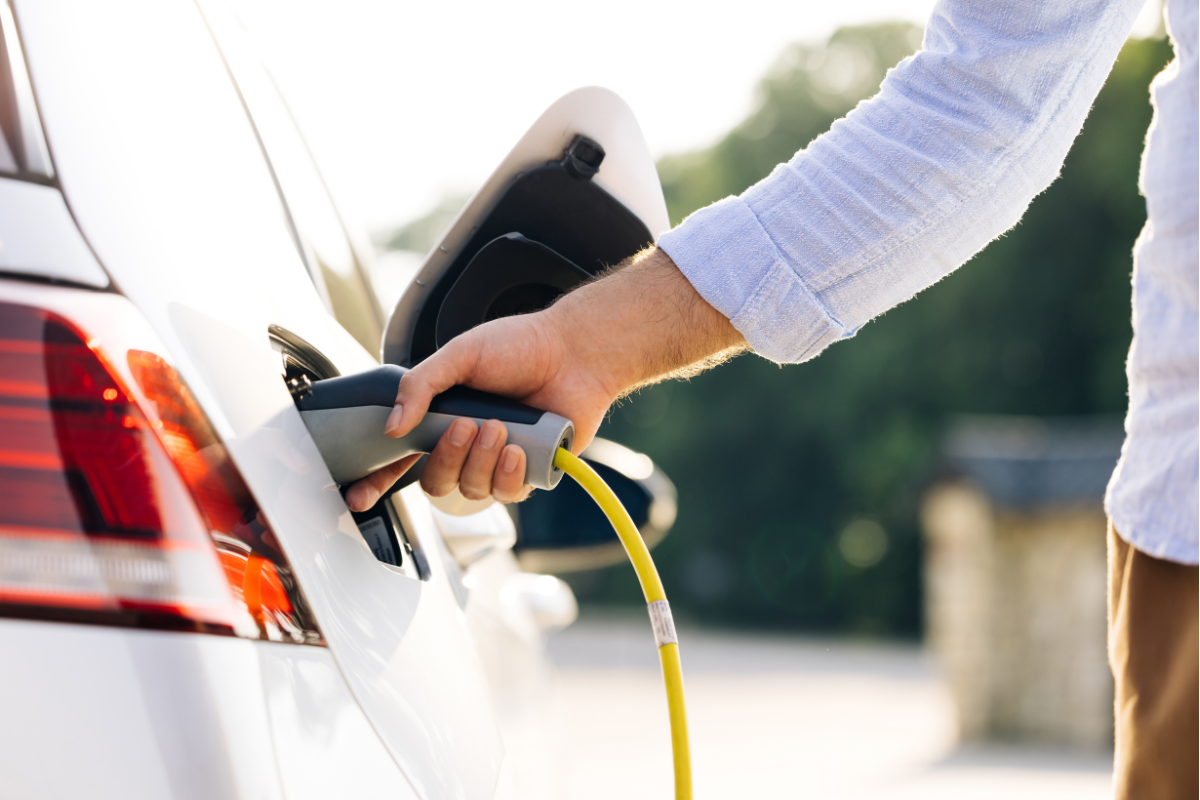
New Jersey became the first state to pass an extended producer responsibility law for electric vehicle batteries. | Mpohodzhay/Shutterstock
New Jersey is the first state to make producers responsible for electric vehicle batteries and other, similar propulsion batteries.
New Jersey Governor Phil Murphy signed S3723, the Electric and Hybrid Vehicle Battery Management Act, into law Jan. 8.
The extended producer responsibility (EPR) bill requires battery producers to create and submit management plans to the state Department of Environmental Protection.
“The plan may include a complete vehicle take-back program, a battery take-back program or any other such program approved by the department,” the law states.
The law also requires the department to carry out a needs assessment in the next six months to determine the availability of propulsion battery recycling operations and related infrastructure. Then 18 months after the needs assessment, the department is directed to adopt rules and regulations establishing standards and criteria for battery management plans.
“A battery management plan shall, to the extent practicable, utilize existing recycling infrastructure,” the law states. “Where existing recycling infrastructure is not utilized, the electric vehicle battery management plan shall include the reasons for establishing a separate infrastructure.”
In three years, a ban on disposing of propulsion batteries in landfills will come into effect. The department is also tasked with establishing a way to address consumer complaints and a public education program.
Battery producers are allowed to form nonprofit producer responsibility organizations (PROs). These will be required to submit a battery management plan that achieves program goals, and submit an annual audit report and annual budget to the department.
Other states have used EPR to manage other kinds of batteries. Vermont did so in 2014 for single-use household batteries. In 2021, Washington D.C. enacted the U.S.’s first single-use and rechargeable battery EPR law, followed by California in 2022 and Washington state in 2023.
A version of this story appeared in Resource Recycling on Jan. 16.